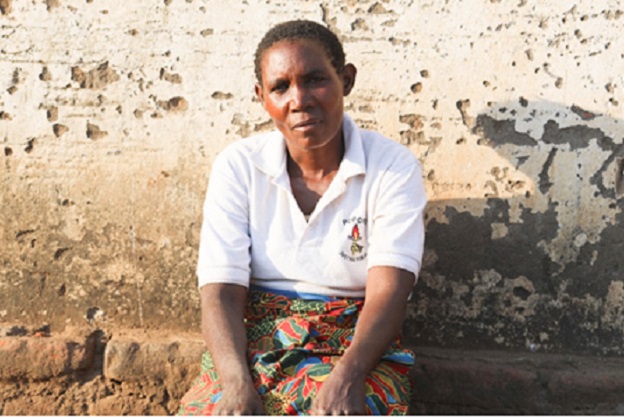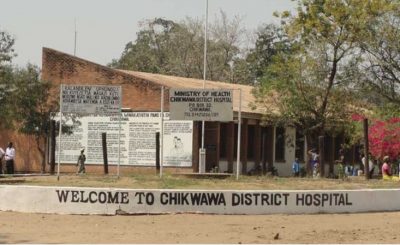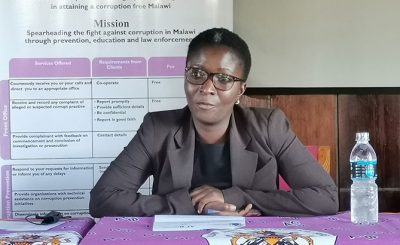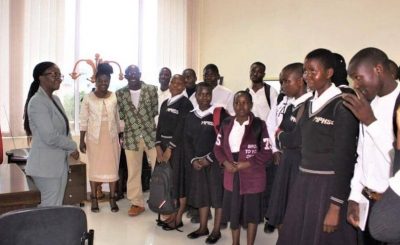Call her Hawa Nkhonjera from Chindungwa 2 village in Traditional Authority Pemba in Salima district. Like several other villages in the district, residents of Chindungwa 2 village lacked adequate knowledge about the importance of sleeping under insecticide-treated nets (ITNs) each night.
But now sleeping under ITNs has become a routine for Nkhonjera and all members of her family knowing quite well about the dangers of malaria especially to children.
Apart from making sure that the children are sleeping under ITNs, Nkhonjera also makes sure that the children sleep in pairs inside one treated mosquito net each night for the whole year. “I, my husband, my four children and my grand sons and daughters we always sleep inside a treated mosquito net, each night for the whole year because if we fail to do so we can suffer from malaria.”
Nkhonjera has endured this routine practice despite some old beliefs and misconceptions by some people in the area that sleeping under ITNs is nightmarish and feels like sleeping in a coffin. Nkhonjera however attests that through awareness campaigns by members of Zisinthe Radio Listening Club (RLC) many people are now able to appreciate the importance of sleeping inside treated mosquito nets.
“Others were opting to misuse the nets or even selling but now many people in the village are aware about the importance of sleeping inside insecticides treated nets following awareness campaigns by the radio listening club. This has helped to reduce cases of malaria.”
Youth Net and Counselling (YONECO) is under a consortium of experienced Malawi-based partners which is implementing the Health Communication for Life (HC4L) project, a five-year, $24.7 million project funded by the United States Agency for International Development (USAID).
YONECO is implementing the project under FHI 360 as a prime contractor in four districts of Chikwawa, Salima, Nkhotakota and Nkhata-Bay.
The project supports efforts by the Government of Malawi to increase public demand for quality, sustainable, priority health services and products specifically maternal, neonatal and child health; HIV; family planning and reproductive health; malaria; nutrition; and water, sanitation and hygiene.





